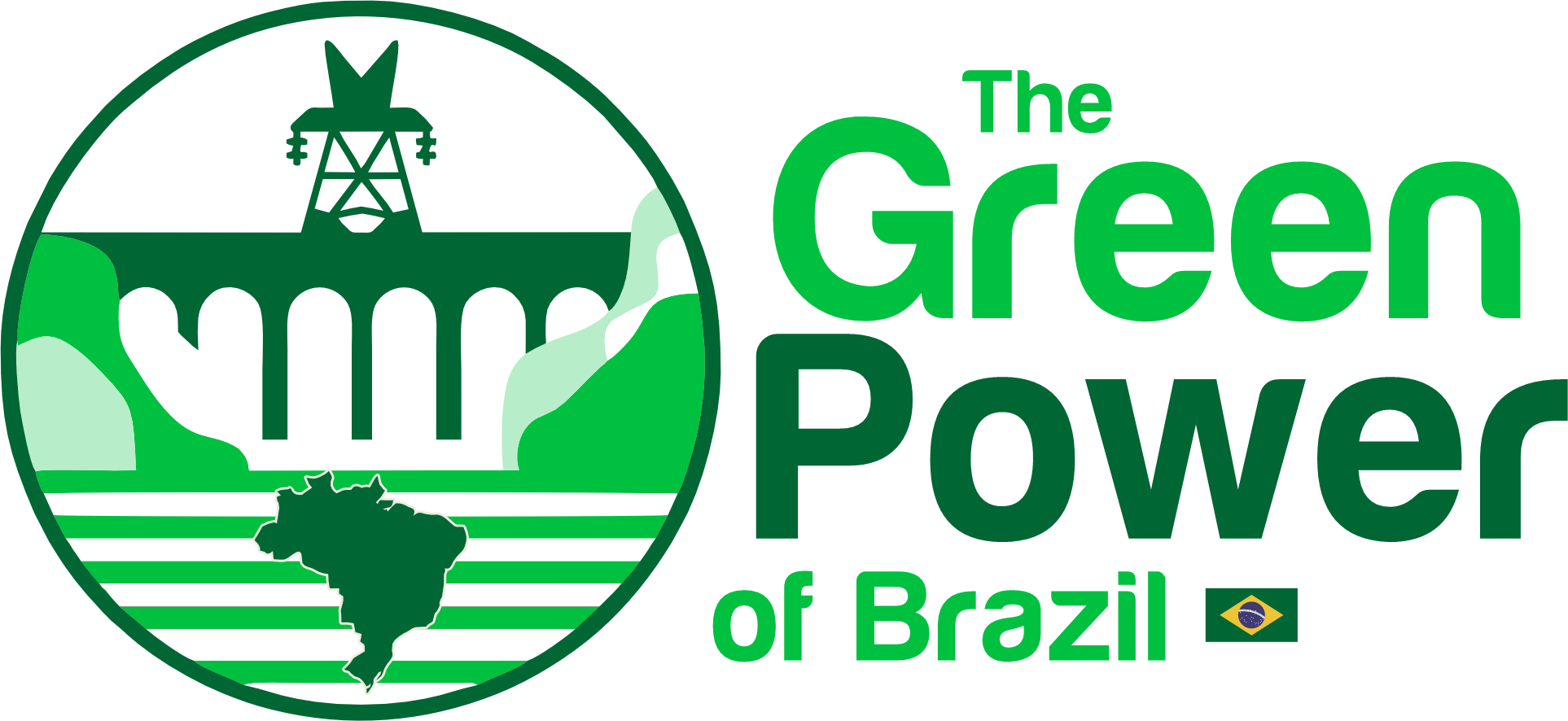As the world grapples with the urgent need to combat climate change, renewable energy has emerged as a cornerstone of sustainable development. The transition towards cleaner energy sources is not only essential for reducing greenhouse gas emissions but also presents significant economic opportunities. This blog post explores global trends in renewable energy and highlights Brazil’s pivotal role in this movement.
Global Trends in Renewable Energy
Rapid Growth of Renewable Energy Sources
According to the International Renewable Energy Agency (IRENA), global renewable energy capacity reached a record 3,064 gigawatts (GW) in 2021, marking an increase of over 9% from the previous year. Solar and wind power are at the forefront of this growth, with solar capacity alone expanding by 24% in 2021, driven by declining costs and technological advancements.
Investment Surge
The global investment in renewable energy reached approximately $300 billion in 2021, as reported by BloombergNEF. This figure demonstrates a significant increase in funding for solar, wind, and energy storage technologies. Countries are recognizing the financial viability of renewables, with investments expected to rise as governments set ambitious climate targets.
Decentralization and Energy Access
Decentralized energy systems are gaining traction, particularly in developing regions. Mini-grids and off-grid solar solutions are providing electricity to remote areas, enhancing energy access. According to the World Bank, around 759 million people still lack access to electricity, and renewable solutions could play a crucial role in bridging this gap.
Policy and Regulatory Support
Governments worldwide are implementing policies and incentives to encourage renewable energy adoption. The European Union has set a target of achieving at least 40% of its energy consumption from renewable sources by 2030. Similarly, the United States has rejoined the Paris Agreement and is pushing for a transition to a clean energy economy.
Brazil’s Role in Renewable Energy
Brazil has emerged as a leader in renewable energy, particularly in hydropower and bioenergy. Here are some key points highlighting Brazil’s contributions and potential in the renewable energy sector:
Hydropower Dominance
Hydropower accounts for approximately 60% of Brazil’s electricity generation, making it the largest source of renewable energy in the country. The Itaipu Dam, one of the largest hydroelectric plants globally, exemplifies Brazil’s hydropower capabilities. In 2021, Brazil generated around 360 terawatt-hours (TWh) from hydropower, according to the Brazilian Ministry of Mines and Energy.
Government Initiatives
Brazil’s government has implemented several initiatives to promote renewable energy. The “New Energy Model” aims to diversify the energy matrix and increase the share of renewables. The country’s commitment to the Paris Agreement, alongside ambitious targets for reducing greenhouse gas emissions, underscores Brazil’s dedication to a sustainable energy future.
Sources:
IRENA Renewable Capacity Statistics
BNEF 2021 Global Renewable Energy Investment
World Bank Energy Access Overview
Ministry of Mines and Energy – Reports




